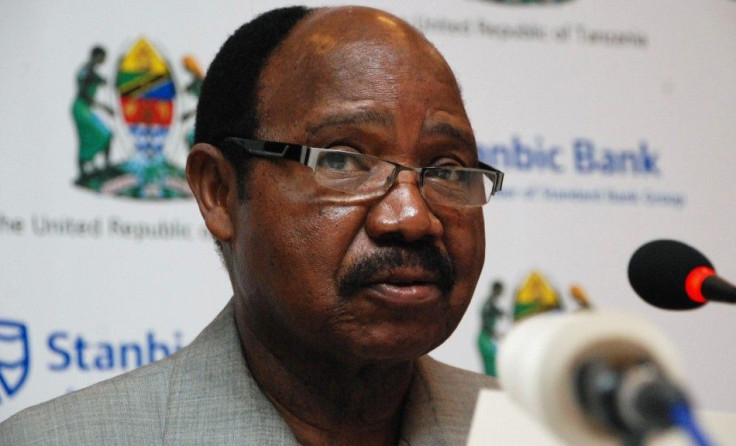Sub-Saharan African Economy to Grow 5.25% This Year, 5.75% Next Year

While much of the developed world struggles with financial and debt crises, the aggregate economies of sub-Saharan Africa is expected to grow by 5.25 percent growth in 2011, followed by 5.75 percent average growth next year, according to a report from the International Monetary Fund (IMF)
A great deal of this economic bounty is expected to be driven by expanding exports and a relatively strong mining industry.
The IMF report stated: “Supportive monetary and fiscal policies helped the region weather the 2009 global crisis in 2009 and set it on a recovery path for 2011 and 2012. Economic activity has also been driven by higher commodity prices and increased export demand, although to a varying extent across country groupings.”
Perhaps surprisingly, it is the low-income nations in the continent, like Tanzania, which are exhibiting the strongest growth, rather than middle-income countries like South Africa, which is expected to grow a relatively modest 3.5 percent this year.
“In many of sub-Saharan Africa’s low-income countries, growth is being supported by buoyant domestic demand along with export diversification into higher–value added production and to fast-growing emerging markets,” IMF said.
However, Antoinette Sayeh, the IMF's Africa director, warned that the region would not be immune from financial woes in Europe, Japan and the U.S. Speaking to BBC, she said that the nations of Africa may face lower exports, inward investment flows and decreasing aid levels,” as well as inflation, driven largely by rising food and fuel prices.
She suggested that regional governments should tread a fine line between addressing the challenges posed by strong growth and preparing to ward off the potentially adverse effects of another global downturn.”
Sayeh told Reuters: “[These] projections may turn out to be too optimistic given the risks to the global economy. Those projections are based on a 4 percent growth rate for the global economy in 2011 and 2012. Those could be less if action is not taken rapidly to deal with the problems we are seeing in Europe and in the rest of the advanced economies. A significant slowdown in advanced economies will certainly impact Africa's growth, remittances that are sent from those countries to Africa, to [foreign direct advancement] and to aid. There is [no] way we see Africa decoupled from what happens in the advanced countries.”
Still, prospects for Africa remain much brighter than the advanced economies, which are, on average, expected to contract both this year and in 2012.
© Copyright IBTimes 2024. All rights reserved.











